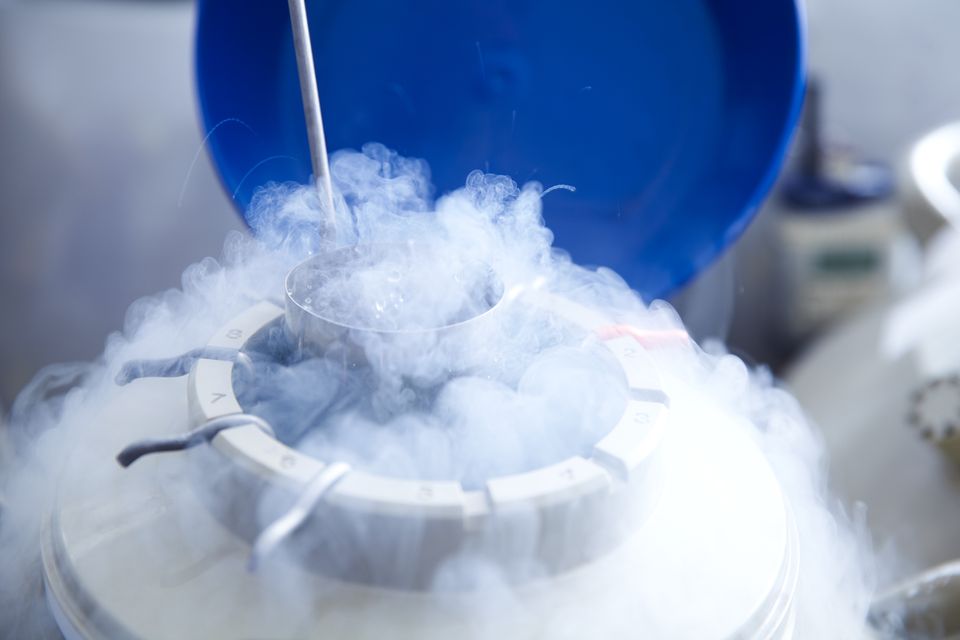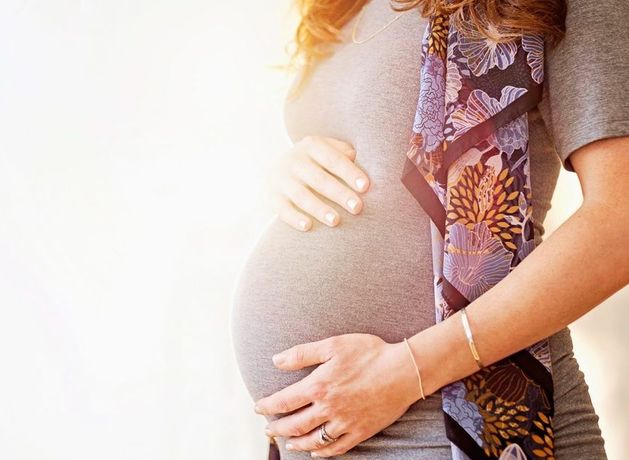The number of births to women in their late 40s is soaring, with figures from the Central Statistics Office showing a record high of 408 babies born to mothers aged 45 or over in 2023, an 80pc increase on 2013.
New advances in fertility science, from donor eggs to frozen embryos, are giving women in their 40s and beyond possibilities that would have been unthinkable just a decade ago.
Dr Ahmed Omar, medical director at Beacon Care Fertility, said the surge in births among women over 45 is likely due to two main factors.
“The first is IVF treatment using donor eggs, which typically come from younger women under 35 and have a higher chance of success. The second is the growing use of egg freezing, which has become increasingly common over the past five years. By freezing their eggs at a younger age, women can help to preserve their fertility potential for the future.”
He estimates that donor eggs account for most of the increase in older births. “If you look at the 80pc rise in women over 40 having babies, I would say 70pc of that can be related to egg donation.”

Freezing and storing eggs has transformed fertility treatment
He stressed that while science has advanced, female biology has not changed, and the number and quality of eggs remain the main challenge with age. “Eggs age much quicker than women do. More and more of the eggs that are stored in the ovaries become unsuitable to result in a baby because they become chromosomally abnormal,” he said.
“So naturally, even for women that had babies, it becomes harder for them, as they go into the latter part of the 30s and early 40s to achieve a pregnancy because of that.”
Freezing and storage has also been a game-changer in fertility treatment.
“Because the techniques of freezing and the environment in the lab in general have improved, we are seeing more and more babies that are born from frozen embryos than even from fresh transfers,” he added.
Women in their 40s, he said, are increasingly using assisted reproduction to complete their families, rather than to start them.
“Something that maybe we didn’t see as much when we started 10 years ago is couples or women who can complete their family through the process of assisted reproduction because of freezing. So realistically, in the past, you would do very well if you had a baby after IVF. Now women are having a second or a third baby, because they can freeze their embryos,” Dr Omar said.
We’re seeing people are in the latter part of the 30s, maybe 36 or 37, when they start to try
At his clinic, nearly two-thirds of patients are now seeking treatment for secondary infertility.
“We’re seeing people are in the latter part of the 30s, maybe 36 or 37, when people start to try. Even if you didn’t need assisted reproduction, by the time you’re trying for your second baby, maybe you’re in your 40s, and then it becomes difficult. That’s why we could argue six out of 10 of the couples that we see are not having problems with the first pregnancy, it’s the second pregnancy.”
Dr Omar said women tend to delay family planning until their mid-to-late 30s due to years spent in education and establishing their careers.
The CSO results showed the average age at childbirth has risen from 29 in the early 1970s to just over 33 today. In the past decade alone, births to women aged 40 and over have increased by almost 25pc, reaching nearly 5,000 last year.
Affordability also plays a role, according to Dr Omar. “Fertility, until recently, was completely privately funded. You have to be able to afford it or afford a house, especially in cities like Dublin.”
A host of celebrities have brought older motherhood to public attention in recent years. Janet Jackson was 50 when her son Eissa was born, while Naomi Campbell announced in 2021 that she had become a mother for the first time at 50.
Dr Omar said pregnancies in the late 40s and 50s using a woman’s own eggs are extremely rare.
“Even if you look at published articles, it’s extremely uncommon to see women having babies with their eggs older than 47,” he said.
At present, there is no legal cut-off age for women receiving assisted reproduction in Ireland, though Dr Omar hopes the new Assisted Human Reproduction Regulatory Authority will introduce national guidelines.

